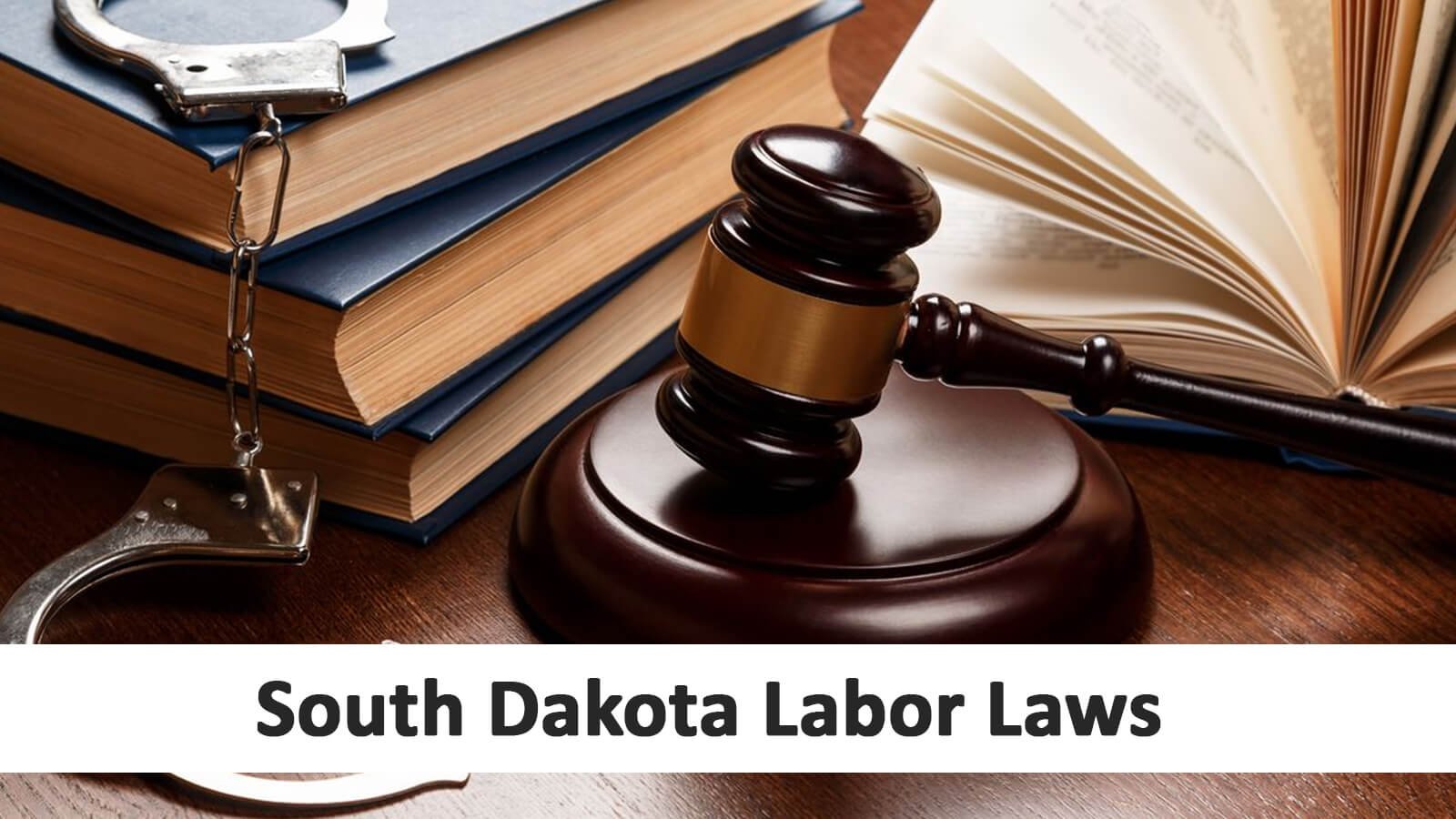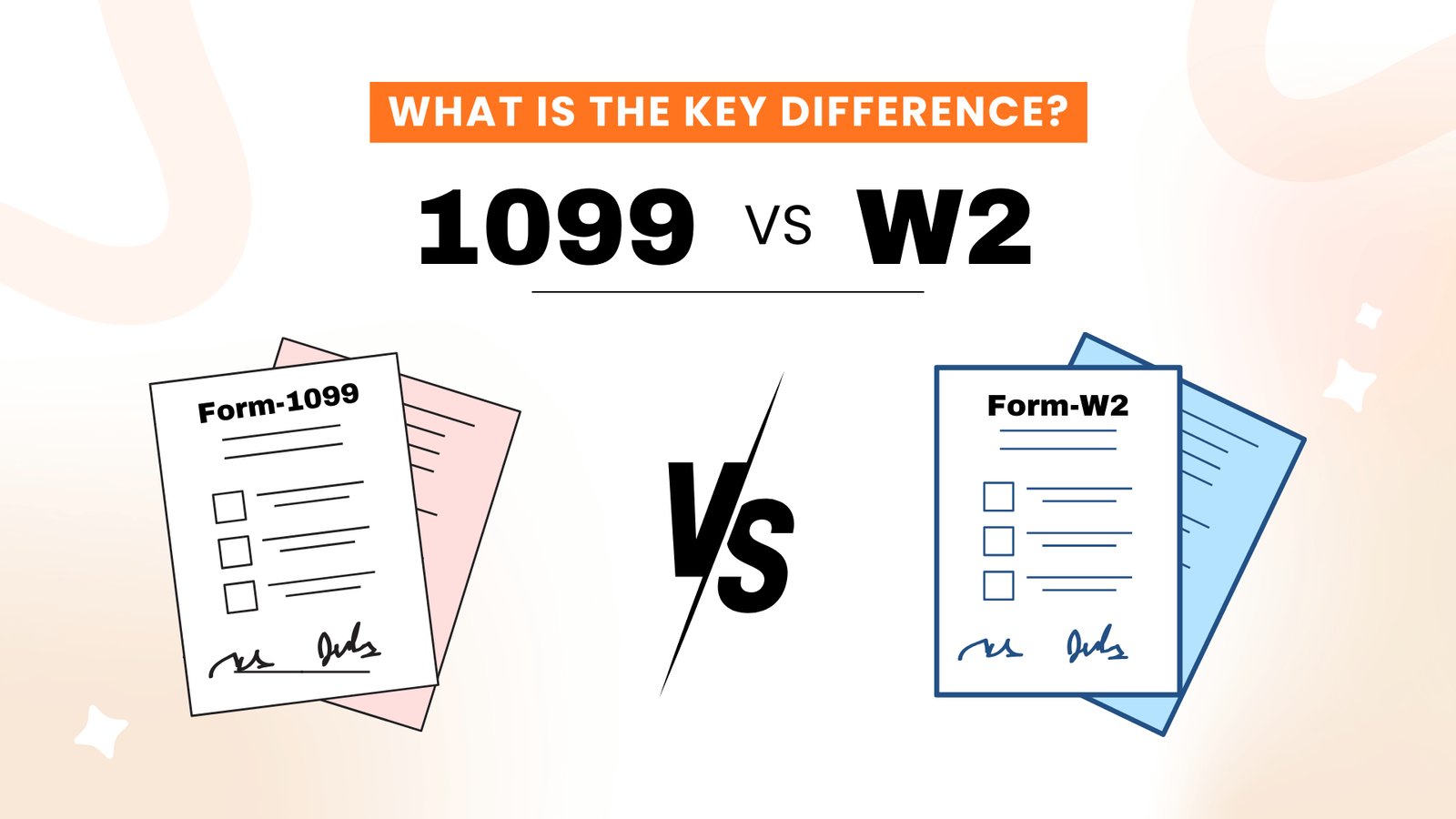The South Dakota Labor Laws often find best way to comply with the USA state laws. These are the challenging yet essential. The labor laws in South Dakota aim to fair workplace, that protect employees’ rights.
Employers should keep themselves up-to-date with both federal and state labor regulations, such as minimum wage, tipped minimum wage, and child labor laws.
Below we take a closer look at some key laws governing employment practices here.
Also Check: You can comply with the USA laws while generating the paystubs by using the Free Pay Stub Maker. Choose any of the free paystub template with calculator as per your business and create paystub automatically!
Standard Working Hours
Federal guidelines, such as the Fair Labor Standards Act (FLSA), are foundational, but the South Dakota Department of Labor provides additional clarity.
Minimum Wages
South Dakota’s minimum wage rate has risen to $11.50 an hour as of January 1, 2025. Employers may offer workers under 20 years of age an opportunity wage rate of $4.25 for up to 90 consecutive days of employment.
Some employees, such as those who work in an amusement and recreation seasonal business, babysitters, and outside salespersons are not subject to receiving the state minimum wage. Other employees, such as apprentices and employees with developmental disabilities, may receive certified wages in accordance with state and federal standards.
Overtime Laws
South Dakota adheres to the federal Fair Labor Standards Act (FLSA) as it does not have its own overtime regulations. The FLSA states that non-exempt employees must be paid 1.5 times their normal hourly rate for any overtime they work in any one week. In fact, 90% of employees in the U.S. are covered by the FLSA so it is the predominant standard for overtime across the nation.
South Dakota also follows the FLSA’s list of exemptions for overtime which is primarily for executive, administrative and professional positions.
Also Read: District of Columbia Labor Laws
Tipped Minimum Wages
South Dakota state labor laws that employees who receive tips must receive at least $5.75 an hour in minimum cash wages.
Employers can use tip credits to offset any differences between their tipped wage and the state minimum wage of $11.50 per hour if sufficient wages or tips make employees total earnings equal, at minimum, to the non-tipped state minimum wage applicable.
Meal And Rest Breaks
This state does not impose any specific South Dakota break laws regulating meals or breaks for employees. If an employer offers their staff at least 30 minutes for a meal break, this time off from work should be treated as unpaid as long as their work obligations have been released for consumption during that period.
Leave Laws
Employees sometimes require time off work due to personal health reasons, family emergencies or major life events. Most leave regulations in South Dakota are derived from federal law since no separate leave laws exist within South Dakota itself. Here is a breakdown of how various forms of leave are handled.
| Type of Leave | Description |
|---|---|
| Family and Medical Leave (FMLA) | South Dakota abides by the federal Family and Medical Leave Act, which grants eligible employees the right to take up to 12 weeks of unpaid leave in a year based on qualifying reasons, including personal or family illness, birth or adoption of a child, or on account of certain family military situations. |
| Vacation Leave | Under the FLSA, employers are not obligated to provide paid vacation or sick leave. |
| Pregnancy Disability Leave | Although South Dakota doesn’t have its own pregnancy disability leave law, federal protections exist. |
| Paid Sick Leave (PSL) | South Dakota does not mandate paid sick leave as part of its employee benefits package; however, many employers offer PSL as an employee perk. Employees can use this leave for personal illness, doctor appointments, care of family members in need or emergencies such as domestic violence or health crises. |
Child Labor Laws
South Dakota labor laws for minors sets the minimum working age as 14 with some exceptions for younger employees in family businesses, agriculture work or detasseling hybrid seed corn. If minors must support themselves financially they may qualify for work permits to work.
Minors under 16 years of age have various working hours restrictions:
Students cannot work during school hours.
- No work should take place after 10 p.m. on a school night (and those under 14 may only do so between 7 p.m. and 10 p.m.).
- No more than 4 hours can be worked per school day (20 per week); on non-school days they can work up to 8 hours, totalling 40 in any week.
- Minors aged 13-19 can only work up to 8 hours daily or 40 hours each week when school is out.
Minors in South Dakota are protected under the Federal Fair Labor Standards Act’s child labor provisions that ensure their rights and safety as young workers.
Employee Compensation
Workers’ compensation in South Dakota is a no-fault insurance program designed to cover medical treatment and lost wages when workers are injured on the job or develop work-related illness.
Workers’ Compensation benefits may include:
- Medical treatments, care, and recovery.
- Temporary disability payments during recovery to replace lost wages.
- Permanent disability benefits in cases of permanent injuries or disabilities.
- Death benefits provided to dependents in case of a work-related fatality.
Also Read: State Of Wyoming Labor Laws 2025
Taxes In South Dakota
South Dakota maintains a state sales tax rate of 4.20% and an estimated combined state and local sales tax rate of approximately 6.11%; these rates may differ depending on local jurisdictions.
No More Hurdle To Create Paystubs For Different Industry!
Whether you own a restaurant, construction business, or small retail establishment, accurately presenting pay information is crucial to comply with labor laws.Gone are the days of making human errors and forgetting to include key details such as gross pay, once paid deductions, net pay or any other information required.
The free paystub maker provides a straightforward way to create and download paystubs for any industry within a matter of minutes.
When considering flexibility and convenience, Stub Creator provides you free paystub template library that are free and created for an array of job positions. No more complicated calculations or formatting complications, we give you a simplified, industry consent oriented option for any employment situation.
FAQs About South Dakota Labor Laws:
1) How many hours do you have to work to get a break in South Dakota?
As per the, South Dakota work break laws- it does not mandate meal or rest breaks for employees working longer than 20 hours; however, under the Fair Labor Standards Act (FLSA), short breaks of 20 minutes or less must count as paid time; any meal break lasting 30 minutes or longer may only be taken without paying compensation if all job duties have been relieved at that point in time.
2) What’s the minimum wage in South Dakota?
As of 2025, South Dakota’s minimum hourly wage stands at $11.20 an hour under state and federal law for most non-exempt employees. Tipped employees may receive a lower cash wage of $5.60 provided their tips cover any differences with respect to meeting minimum wage standards.
3) What are the labor laws for salaried employees in South Dakota?
Salaried employees in South Dakota are subject to the Fair Labor Standards Act (FLSA), which determines their classification. Exempt employees typically serve in executive, administrative, or professional roles and do not need overtime pay; non-exempt salaried workers however must be paid overtime if working beyond 40 hours per week.
4) Is 32 hours full-time in South Dakota?
South Dakota employers generally define full-time work schedules as being 40 hours each week; however, some employers may classify employees working 32 or more as full-time for benefits and scheduling purposes. Full-time status often relies on company policy more than state law – employees should review these documents to understand eligibility for health insurance, paid time off benefits and any others they might offer their employees.
5) What is the tip law in South Dakota?
South Dakota follows federal labor law when it comes to employing tipped employees, permitting employers to set an hourly tipped minimum wage of $5.60. Employers are expected to ensure that when tips are factored in, employees’ total earnings equal or surpass the state minimum wage of $11.20; otherwise they must make up any deficiencies. Tip pooling may be permissible under FLSA guidelines.
6) How long is the break for an 8 hour shift?
South Dakota does not mandate meal or rest breaks for an 8-hour work shift, though many employers voluntarily provide 30-minute unpaid meal breaks or short paid rest periods during an eight-hour workday. Per federal law, short breaks lasting 20 minutes or less must be compensated, while meal breaks of 30 minutes or longer can be unpaid provided that their employee has been relieved from all work duties.
7) Are breaks required in South Dakota?
No breaks are not mandated by South Dakota labor law. Employers may choose to provide rest or meal breaks as part of their workplace policies, but this practice is not legally mandated by South Dakota. Federal law only mandates payment for short breaks (20 minutes or less).
8) Do you have to take a lunch break in South Dakota?
South Dakota does not legally mandate lunch breaks for employers. If an employer offers a 30-minute or longer lunch break that relieves employees from all work duties, unpaid if desired; shorter breaks must be paid for. While not mandatory, many employers offer meal breaks during long shifts to maintain employee satisfaction, safety, and productivity in the workplace.
Also Read: North Dakota Labor Laws 2025
FAQ's
What is wrongful termination in South Dakota?
+
As per South Dakota labor laws termination, when an employee is dismissed in violation of state or federal laws, such as discrimination, retaliation, breach of contract, or whistleblowing. Although South Dakota is an "at-will" employment state and employers can terminate employees for almost any reason ; including unlawfulness- those who believe they were wrongfully terminated can file complaints with state and federal labor agencies.
What are the payment laws after being terminated in South Dakota?
+
South Dakota employers must pay all owed wages within two regular paydays of an employee's termination, including compensation for hours worked, commissions earned and any earnings. If this payment timeline is missed by their employer, employees can file wage claims with the South Dakota Department of Labor and Regulation; their prompt payment laws ensure they get their final wages quickly.
Does South Dakota require PTO payout upon termination?
+
South Dakota does not mandate employers to honor any promises regarding PTO payout upon termination, except where stated in an employment agreement or company policy. Any promises regarding payout are to be honored; otherwise, decision is up to each employer. Employees should review their employer's leave and payout policies prior to leaving their jobs.
How many breaks are in a 7 hour shift?
+
Employers in South Dakota do not legally need to provide rest or meal breaks during a 7-hour shift, though breaks may be granted according to company policy rather than state law. Short breaks must be compensated, while unpaid meal breaks must last at least 30 minutes in duration so employees are completely relieved from work duties during this timeframe. Many employers also choose voluntarily offering such breaks in order to foster better work performance.
Does South Dakota require breaks at work?
+
South Dakota does not legally require employers to provide workers with breaks at work; however, many businesses implement paid or unpaid rest and meal breaks as part of their workplace policies. Under federal law, breaks of 20 minutes or less must be compensated, while longer breaks (30 minutes or longer) can be unpaid if all duties have been relieved of by their employee. Break practices tend to vary widely based on employer and industry.





